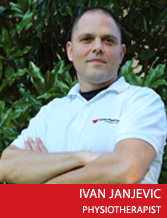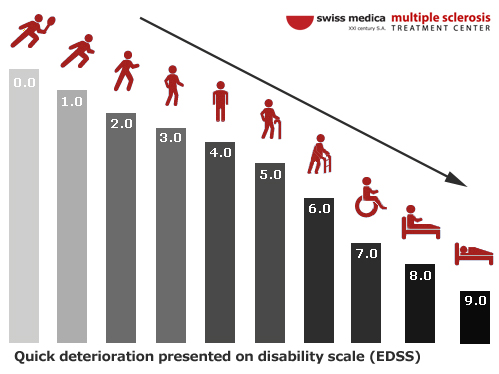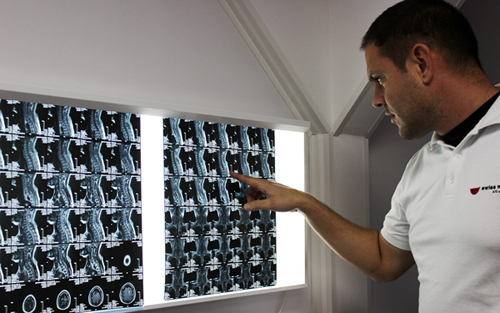

Do you really know your body? Do you understand what happens to it when a person is afflicted with multiple sclerosis? As a longtime physiotherapist specialized in neurorehabilitation of the patients in serious conditions, I learned that most patients with MS do not know how to deal with the effects of it in their body. Sudden dizziness with no apparent reason; blurry vision and ringing in the ears that you don't worry about can quickly transform into numbness and be tingling in limbs and then to weakness. Suddenly you can be surprised with paralysis - when MS is usually suspected and later confirmed.
The most frequent issues that MS patients have are:

Pain is usually caused by increased muscle tone, i.e. spasm, which occurs when you use movements and body positions that relax the tensed muscle and nerves.
Spasm is present usually as increased muscle tone, a sense of stiffness in legs or hands that limit the possibility of proper movement, and sometimes causes immobility. Proper exercise through therapy can help you to overcome strongest spasms. You should understand that spasm kills and eliminates your strength and healthy muscles. Only when the spasm is treated successfully, you can start by strengthening your muscles. The feeling of weakness when the spasm is cured comes from the fact that your body already got used to wrong movements. People often immediately start with active exercises and get disappointed, because exercising with weak muscles cannot overcome spasm. Spasm and inactivity make affected muscles sleepy, weak and accustomed to wrong movements. Stem cells therapy creates healthy nerve-muscle connections, after which a patient needs to activate them.

Urination incontinence is a very common phenomenon that is reflected in the fact that you can't retain urine (uncontrolled urination), cannot urinate, or you feel difficulties while urinating. At Swiss Medica in addition to medications, we effectively perform the bladder stimulation. You must be aware that bladder is a muscle too and as such can relax or strengthen, depending on the problem.
Balance, coordination - as a therapist, through the tests of muscle strength, balance and coordination, I'm getting to know a patient, trying to find his or her weak points and what exercise should I use to strengthen their body and to which muscle and movement I need to pay attention. Even though the diagnosis might be the same, each person is different, and each requires different exercises. At Swiss Medica, we practice ONE PATIENT - ONE THERAPIST approach which makes the patient feel more secure and easier to recover. One of the biggest mistakes that patients with MS make is that they overdo with exercises, which has the opposite effect. The therapist should be moderate in the exercises, listen to the patient and follow his biorhythm. Throughout the preparation period, we are improving the condition of the body so it can achieve the best possible reception of stem cells. After stem cells treatment through proper exercise and therapy, we can activate the muscles and their dormant potential.
Human organism is a perfect system that easily adapts, sometimes mask the symptoms, and often shows potential when you least expect it or think it does not exist. I always explain to my patients: "The brain does not remember the muscle, but the movement you make" and that is the principle of neuro-rehabilitation techniques that we implement at Swiss Medica - PNF- proprioceptive neuromuscular facilitation.
Ivan Janjevic,
Swiss Medica Physiotherapist